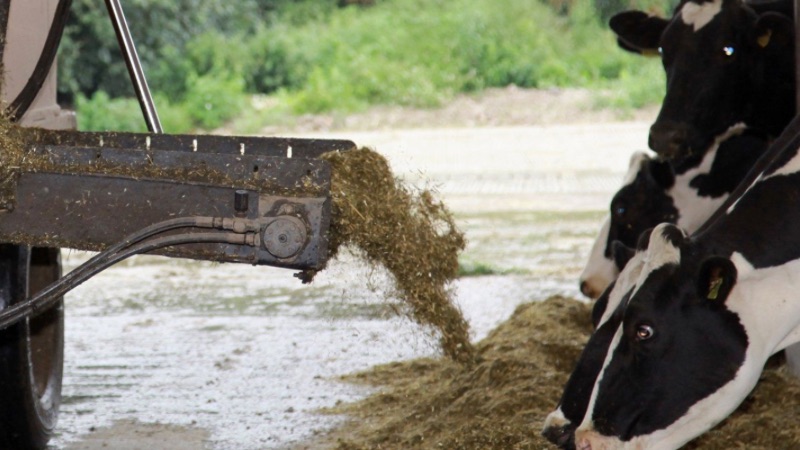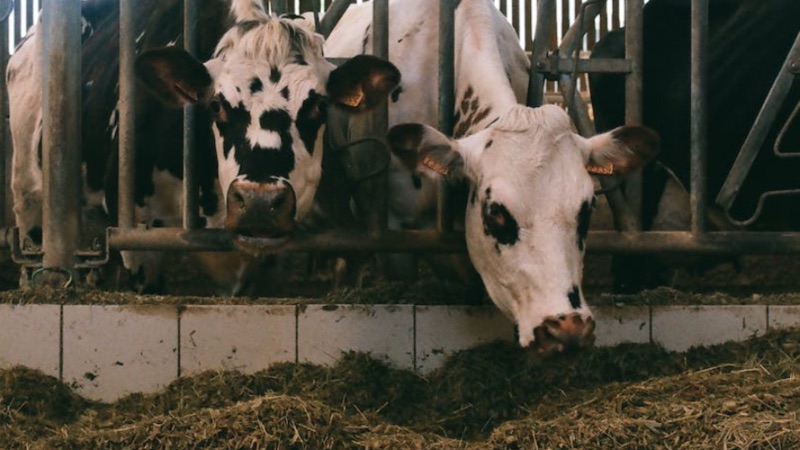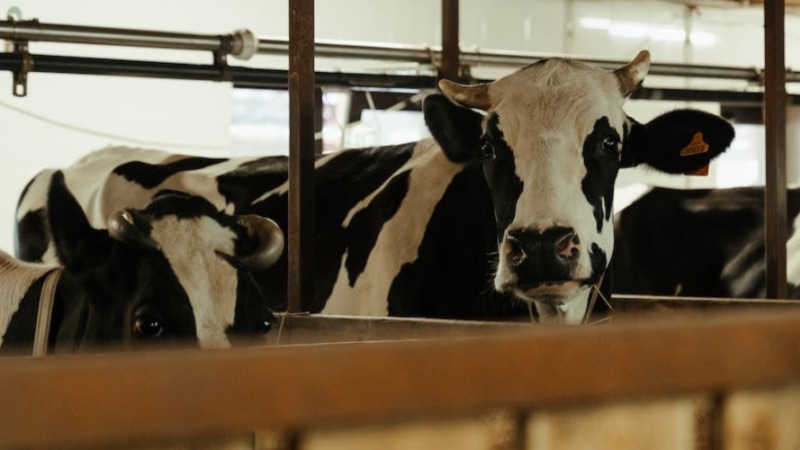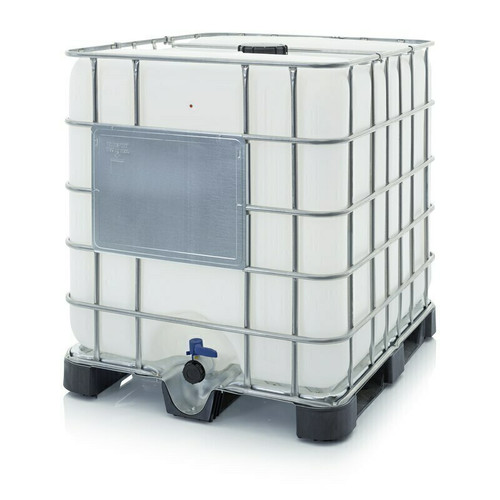- Aprrox. 1000 litres of PROMAG 3.5% MAG (approx. 739 litres per ton) @ 0.64 pence per litre
- 1000 litre IBC container
- Delivered to any location nationwide (UK mainland)
- Supplied with ED&F Mans Liquid Products, FEMAS number on feed tag/ delivery note
Total £640
Dispatched from one of the 4 UK based ED&F Man terminals. Delivered via a pallet delivery service. Customer must have machinery that can lift 1.4 ton to unload. Typical delivery time scale is, orders needed by Wednesdays, IBC's dispatched on Fridays and delivered early the following week.
Feed molasses NO single use plastic, REUSABLE storage and feeders.
Key benefits
- Cane molasses is a unique source of highly palatable, highly fermentable sugar.
- The sugars in the molasses mask the unpalatable taste of magnesium ensuring magnesium intake are maximised at a time when it may be difficult to provide effective supplementation.
- Sugars provide much needed additional energy, grass staggers is known to be associated with energy deficiency.
- Research has shown that sugars speed magnesium absorption across the gut wall.
- ED&F Man Liquid Products only use magnesium chloride which is the most bio available form of magnesium to the animal.
Magnesium deficiency, also known as hypomagnesaemia, grass tetany or grass staggers, occurs when the output of magnesium exceeds the intake. The clinical signs can occur very quickly as ruminants depend on a constant dietary uptake of magnesium since magnesium metabolism is not regulated.
A free flowing blend of cane molasses, molasses co-products and magnesium chloride, and contains 3.5% magnesium, as fed. Suitable for feeding to cows, cattle and sheep.
When to use Promag 3.5%
In spring and late summer
At this time the availability of magnesium in grass is reduced putting stock at risk of grass staggers, and in extreme
cases even death, due to low blood magnesium levels (hypomagnesaemia).
In the autumn
A shortage of quality grass at the end of the growing season can result in animals not having sufficient access to magnesium from grass. Autumn calving cows, with their higher demand for magnesium, are at particular risk of
developing grass staggers.
Pre-calving dairy cows
Magnesium supplementation helps balance the mineral metabolism (especially calcium) in pre-calving dairy cows
when high potassium forages are being fed, and helps reduce incidence of milk fever and metabolic disorders.











